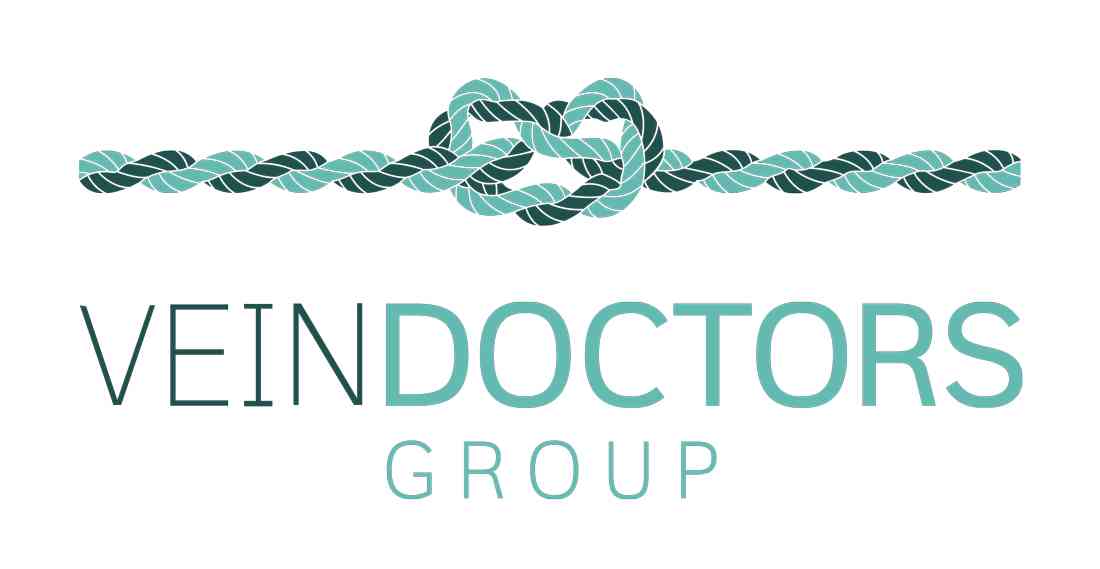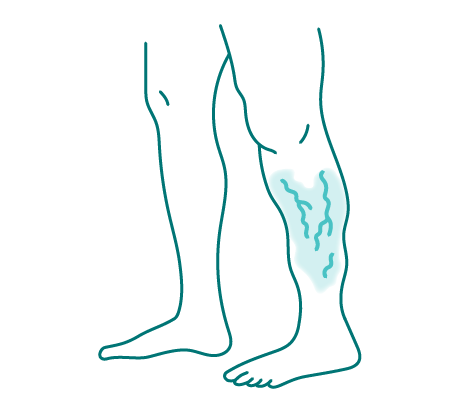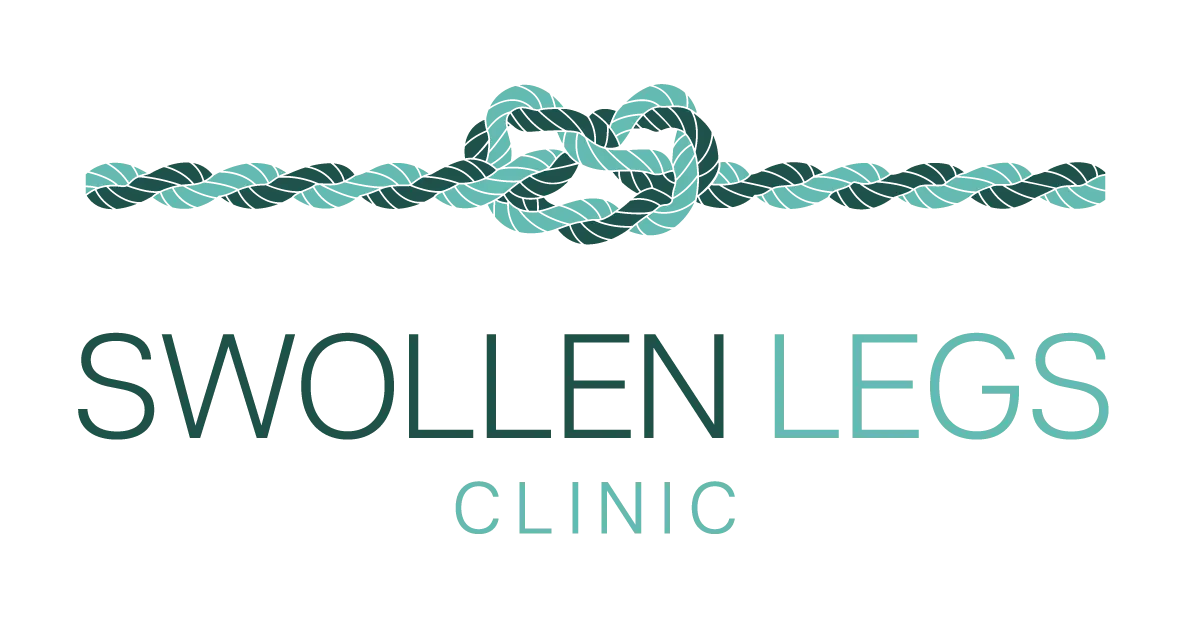What is Klippel-Trenaunay Syndrome?
Klippel-Trenaunay Syndrome (KTS) is a rare congenital vascular disorder characterized by a triad of symptoms: port-wine stains (capillary malformations), venous malformations (including varicose veins), and bone and soft tissue hypertrophy affecting one or more limbs. The exact cause of Klippel-Trenaunay Syndrome (KTS) is not fully understood, but it’s thought to be linked to changes in certain growth factors that occur during early development in the womb. This condition can lead to complications such as bleeding, infections, deep vein thrombosis, and, in severe cases, limb hypertrophy “enlargement” and can cause significant functional impairment.
Managing Klippel-Trenaunay Syndrome
The management of KTS is tailored to the individual, focusing on symptom relief, prevention of complications, and improvement of life quality.
Two advanced, modern and minimally invasive treatments have shown significant efficacy: endovenous laser ablation (EVLA) and ultrasound-guided sclerotherapy (UGS).
EVLA involves the use of medical laser energy to close off abnormal veins. Using ultrasound to place a fine catheter and laser fibre into the diseased vein to close the vein and stop abnormal blood flow, reducing symptoms.
UGS involves injecting a sclerosant solution into the affected veins under ultrasound guidance, causing them to collapse and reroute blood through healthier veins.
Both procedures offer reduced recovery times, no stripping required and have lower risk profiles compared to traditional surgical interventions. Specialist ultrasound assessment is essential to diagnose, plan and perform treatment. Earlier diagnosis (even in children under 10 years of age) and treatment which may require hospital based treatment for children significantly improves outcomes.
These modern techniques, along with a multidisciplinary approach involving dermatology and paediatric can significantly alleviate symptoms, improve cosmetic appearance, and enhance the patient’s quality of life. Regular monitoring through imaging and clinical evaluations is essential to adapt the management plan as the disease progresses to avoid complications of the disease, if left unchecked.
Our experienced phlebologists are experts at managing this disease in both adults and children.










